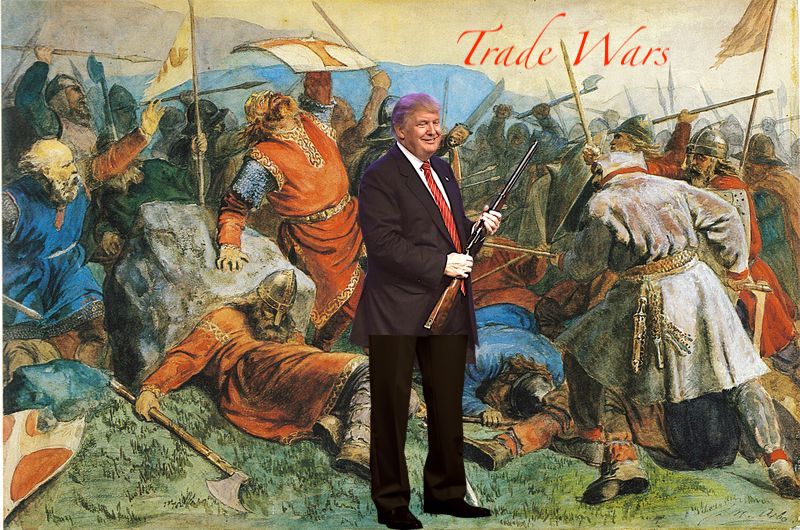

The Trans-Pacific Partnership Begins … Without the United States

The Trans-Pacific Partnership Begins … Without the United States
by D.J. McGuire
Remember the Trans-Pacific Partnership? That was the major trade agreement between 12 nations, including the United States, that most Americans thought had died when Donald Trump pulled America out of it in early 2017.
Well, Trump may have pulled us out of TPP, but he didn’t kill it (Telegraph, emphasis added).
The world’s most radical trade pact has come into force across the Pacific as the US sulks on the sidelines, marking a stunning erosion in American strategic leadership.
…
The White House assumed that the TPP would wither on the vine without US impetus.Instead, long-standing US allies across the Pacific have brushed off pressure from Washington and forged ahead regardless with what is now known as the “anti-Trump pact”.
“America is the biggest loser,” says the Peterson Institute in Washington. The fall in food tariffs under the CPTPP means that US farmers will be undercut by exporters from Australia, Canada, and New Zealand in the lucrative Japanese market. Wheat from Canada will be $70 cheaper per metric tonne by 2020.
Australia, Canada, Japan, Mexico, New Zealand, and Singapore have ratified the agreement (Quartz). They will all soon benefit from the tariff reductions that will take place (Reuters). Those of us old enough to remember when Japan was considered the corporatist and protectionist bete noire of the free world can only marvel as Japan moves into agreement while the United States does not (Japan News and Nikkei Asian Review).
Much of the coverage regarding America’s exclusion is focused on the man who pulled us out – Donald Trump. My opposition to the president – politicallyand personally– are well known to readers here. In this case, however, Trump is far from the only culprit. His opponent – yes, the one for whom I eventually voted – walked away from her support for TPP during the campaign. Indeed, she walked away from freer trade in general – a policy and political mistake that I firmly believe led directly to her defeat in several states where Gary Johnson (the one pro-TPP candidate) won more votes than Trump’s margin of victory (Michigan, Pennsylvania, Wisconsin, Florida, and Arizona).
The two nominees, sadly, reflected political parties that were, at the time, far more interested in emotional tribalism than well-thought-out economics. The Republicans’ weakness was exposed in 2015 when some of them started calling Trade Promotion Authority and TPP “Obamatrade” – paving the policy road for Trump. Democratic politicians long held protectionist views as a sort of tribal signaling to organized labor (although, as the Pew Research Centerrevealed, Democratic votersdidn’t share that view).
That it led to the wife of the man who managed to get NAFTA through Congress in 1993 became a political casualty of all this was painfully ironic (to some – or maybe just to me).
There is, however, cause for optimism. The Democrats are, if anything, even moresupportive of freer trade agreements (see Pew’s link above), while Trump’s tariffs are losing popularity (Pew again).
Republicans, sadly, are following their leader into protectionism – yet another reason to presume Trump will easily be renominated in 2020. However, if Democrats can choose a nominee that can appeal to supporters of freer trade and opponents of tariffs (or, as I’ve started to call us, “trade doves”), not only can the party hold the swing voters who crossed over in 2018 (and win more of them), but they can also ensure that the country moves away from its current protectionist cul-de-sac.
We might even be able to re-enter the TPP.
D.J. McGuire – a self-described progressive conservative – has been part of the More Perfect Union Podcast since 2015. He is also a contributor to Bearing Drift.






